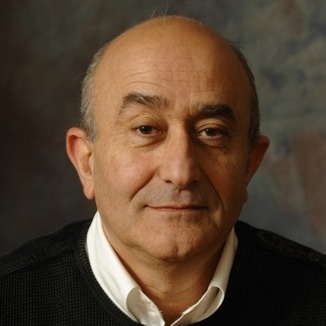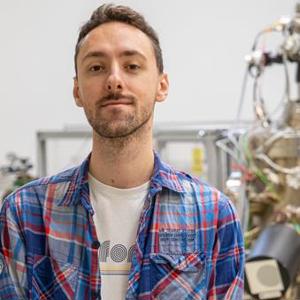The research program is aimed at increasing the atomistic understanding of vapor phase deposition, ion-surface interactions, and phase transitions in advanced materials. We explore the thermodynamics and kinetic pathways controlling phase and nanostructure formation.
The group probes into the nature of epitaxial layers, textured thin films, and nanoscale materials. Model systems include transition metal nitride, carbide, oxide, and boride; wide-band-gap nitride semiconductors; nanocomposites; superlattices; fullerene-like compounds; and nm-scale metallic multilayers.
Several reactive deposition techniques are available including:
- Magnetically-unbalanced magnetron sputtering
- High-power pulsed magnetron sputtering (HIPIMS)
- Hybrid high-power/direct current magnetron sputtering (HIPIMS/DCMS)
Our materials science laboratory specializes in developing methods for plasma characterization, analytical and high-resolution electron microscopy, X-ray diffraction, X-ray photoelectron spectroscopy, time-of-flight secondary ion mass spectroscopy, nanoindentation, SEM and TEM in-situ nanoindentation, nano- and micro-tribology, nanopiezoelectrical direct and converse characterization, ab initio calculations including our Synthetic Growth Concept, and multi-billion time-step molecular dynamics simulations.






